Editorial: Kagame has pulled the Andon Cord; why is East Africa sitting on the fence?
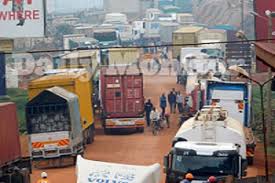
When he partially shut the common border and prevented his citizens from travelling to Uganda late February 2019, Rwanda’s President Paul Kagame, was pulling the political equivalent of the Andon Cord. Pioneered by the Japanese automotive giant Toyota, the Andon Cord is a rope that runs around the assembly line. When pulled by any of the workers at any point during the production process, the entire assembly line grinds to an abrupt halt.
Once all production had stopped, a team leader would immediately seek to find out why the rope was pulled. After ascertaining the circumstances, the leader and the team would set about resolving the problem.
Crazy as it might sound, the Andon Cord, which is actually an ordinary rope, and which anyone along the line had the right to pull, was an emergency intervention that was designed to prevent defects in the products from morphing into big crises that could easily result in expensive product recalls. Toyota’s rationale for the Andon Cord was that left unaddressed, problems on the assembly line could create much bigger problems later.
It is safe to assume that when President Kagame disrupted normal border operations at Katuna, he was trying to draw attention to a serious problem with Uganda. Going by Kampala’s response, Kagame’s action was perhaps meant to awaken Uganda to an issue it did not immediately perceive as that serious but which had the potential to grow into a big crisis.
Events since then have demonstrated just how serious Rwanda’s grievances were. Uganda’s earning from trade with her neighbour have dropped to a trickle while citizens on both sides, used to the previous camaraderie acutely feel the pain of separation.
The big question however, is why Rwanda and Uganda’s partners in the East African Community have not been more robust in their efforts to resolve this issue. Should Kagame have indiscriminately blocked all traffic from the region for the other partners to be incentivised enough to speak plainly about the Uganda-Rwanda problem?
While they have tried, Angola, the DRC and the other brokers of the Luanda MoU don’t have the levers that Kenya and Tanzania have to force Uganda and Rwanda to a meaningful dialogue. Both control the belligerents’ access to international trade and could effectively sanction whomever is adjudged the wrong party in the dispute. Their reticence in the current crisis speaks volumes about their impotence and lack of spine.

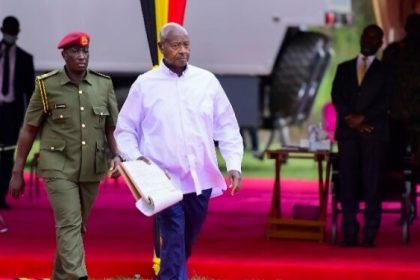 Why we beg to differ with President Museveni on permanent terms pronouncement
Why we beg to differ with President Museveni on permanent terms pronouncement
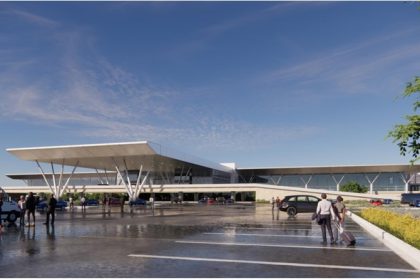 Uganda’s Aviation Infrastructure: Time for ambitious upgrades and structural reform
Uganda’s Aviation Infrastructure: Time for ambitious upgrades and structural reform
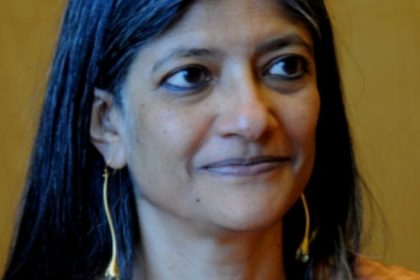 Why and how economics must change
Why and how economics must change
 Illicit alcohol, the unbridled silent killer in Uganda
Illicit alcohol, the unbridled silent killer in Uganda
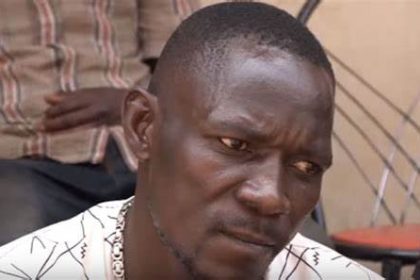 Sobi’s gang is fragmenting, here is why that is bad for you
Sobi’s gang is fragmenting, here is why that is bad for you
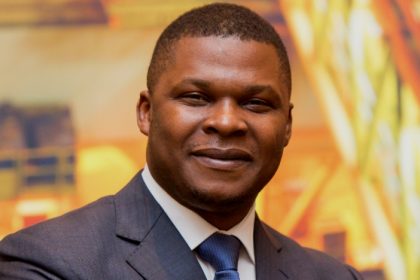 Africans must resist being bulldozed in energy transition timetable debate
Africans must resist being bulldozed in energy transition timetable debate
